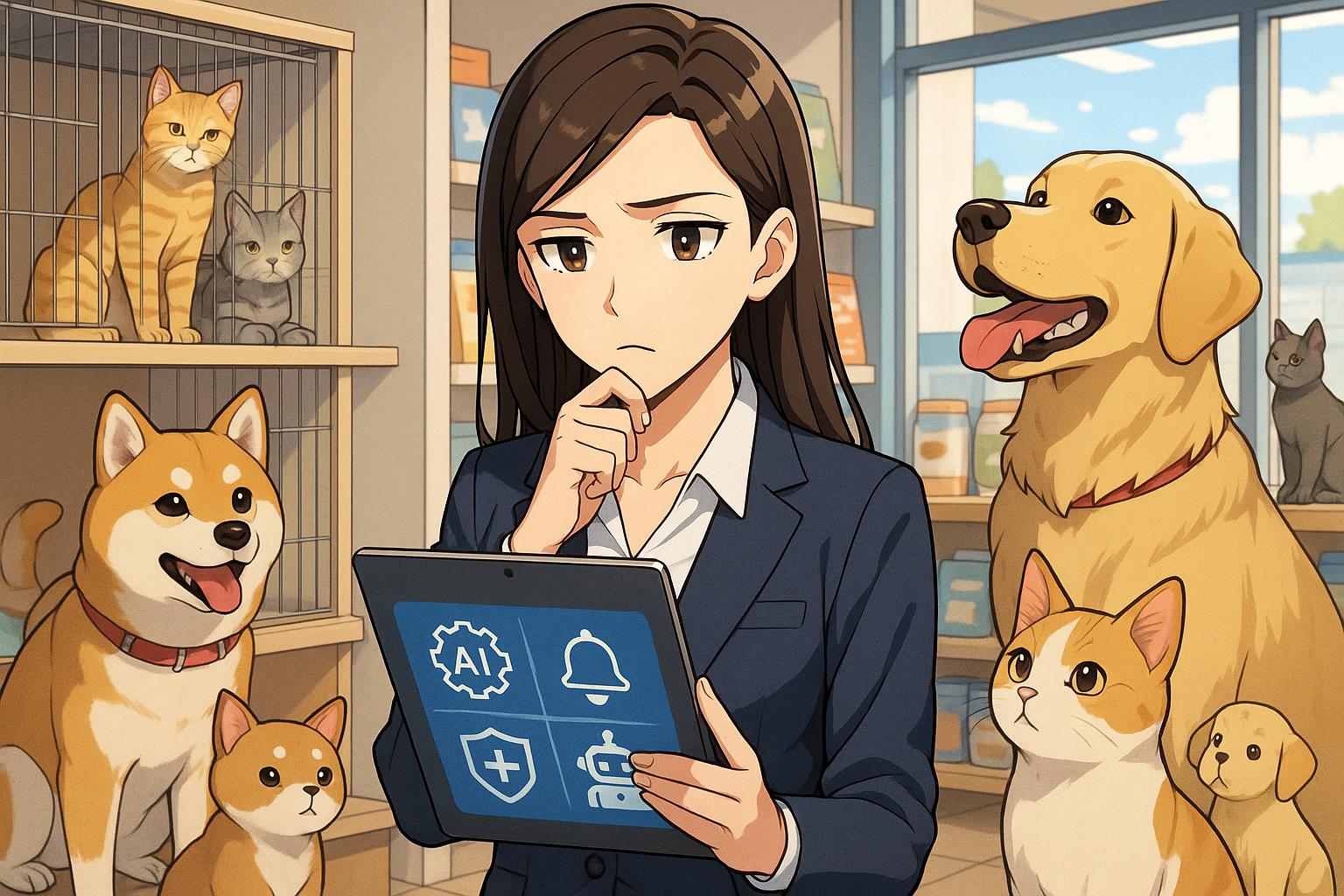The chief executive of Pets At Home has expressed a sobering outlook for the pet retail sector, noting that the surge in demand for puppies and kittens driven by the pandemic is fading. Lyssa McGowan indicated that the company is experiencing a return to more typical pet ownership trends, which she described as “normalising levels of new pet ownership.” This shift poses significant challenges for the FTSE 250 company, which relies heavily on the early spending habits of new pet owners—trends that have dramatically changed since the initial Covid-19 lockdowns.
For the company, the aftermath of this “massive” increase in pet ownership is manifesting in several ways. Despite reporting steady revenues of £1.48 billion and a 14 per cent rise in profits to £121 million, McGowan highlighted that consumer confidence remains “subdued” and is not expected to recover quickly. She explained that the current market dynamics resemble “not quite a bust, but much lower growth and stabilisation.” Retail sales for the pet sector dropped by 1.8 per cent, distilling a general hesitance among customers. However, encouragingly, the veterinary services division reported a significant 16.8 per cent increase in sales, reflecting the ongoing commitment of pet owners to care for their animals amidst broader economic challenges.
In addition to waning demand, Pets At Home is contending with rising operational costs, exacerbated by new fiscal policies that have added approximately £18 million annually to the company’s expenditure. McGowan cited increases in National Insurance Contributions and minimum wage as significant and unexpected financial burdens. In light of these pressures, Pets At Home plans to embrace automation and artificial intelligence within its operations. While this pivot may enhance efficiency, it raises questions about job security within its 450 stores and distribution hubs. McGowan was cautious in addressing potential job cuts, citing the necessity for the company to adapt in a climate marked by increased cybersecurity threats, a concern she noted is now “the new normal” for retailers across the board.
Despite the current headwinds, McGowan remains optimistic about the long-term prospects of the pet care market in the UK. She stated that she is confident the slowdown in profits is temporary and maintains a vision of growth returning to historical norms. Pets At Home is also introducing new initiatives designed to cater to an ageing pet demographic, such as supplements and premium offerings that address specific health needs. Moreover, the firm has reported a 5 per cent increase in loyalty scheme members, now totalling 8.2 million, indicating a level of customer engagement that could drive future sales.
Future expansion plans are on the horizon, as Pets At Home aims to open at least 40 new stores under a £400 million growth strategy. This ambitious push aims to bolster its presence across the UK, particularly in urban centres like London. The company is also rolling out a new app designed to improve customer experience significantly. McGowan described the app as a tool that allows pet owners to manage all aspects of their pet’s care seamlessly, from booking veterinary appointments to nutrition subscriptions.
In summary, while the immediate environment for Pets At Home appears challenging, with a notable decline in consumer spending and rising operational costs, the strategic initiatives and historical customer dedication offer glimmers of hope for the future. The company's ongoing efforts to innovate and expand may well position it to navigate the complexities of a changing market landscape.
Reference Map:
- Paragraph 1 – [1], [2]
- Paragraph 2 – [1], [3], [4]
- Paragraph 3 – [1], [2], [6]
- Paragraph 4 – [5], [3], [7]
Source: Noah Wire Services
